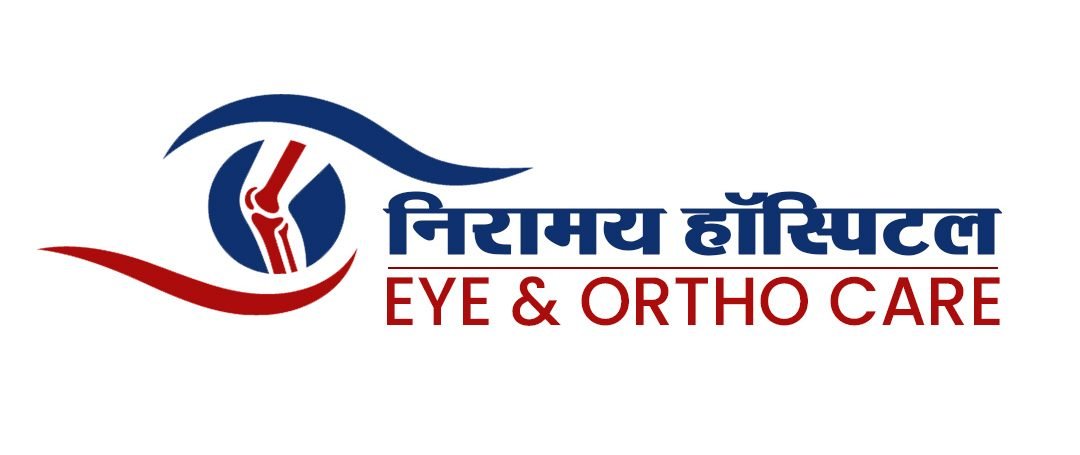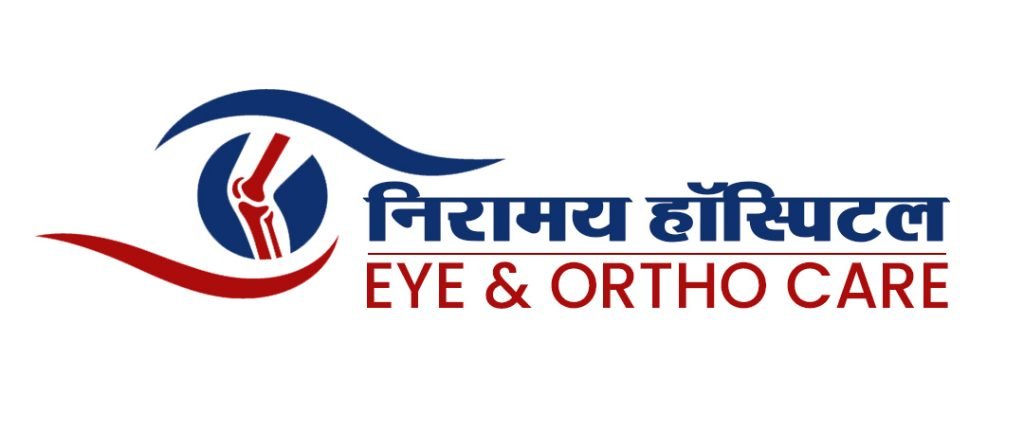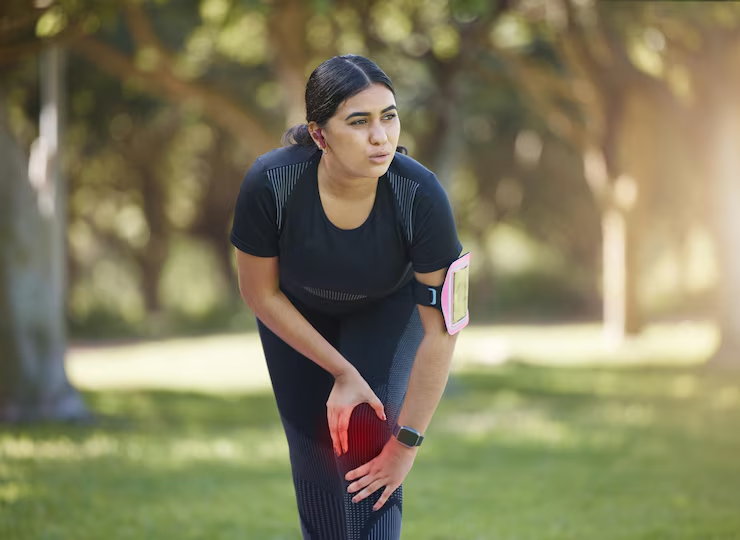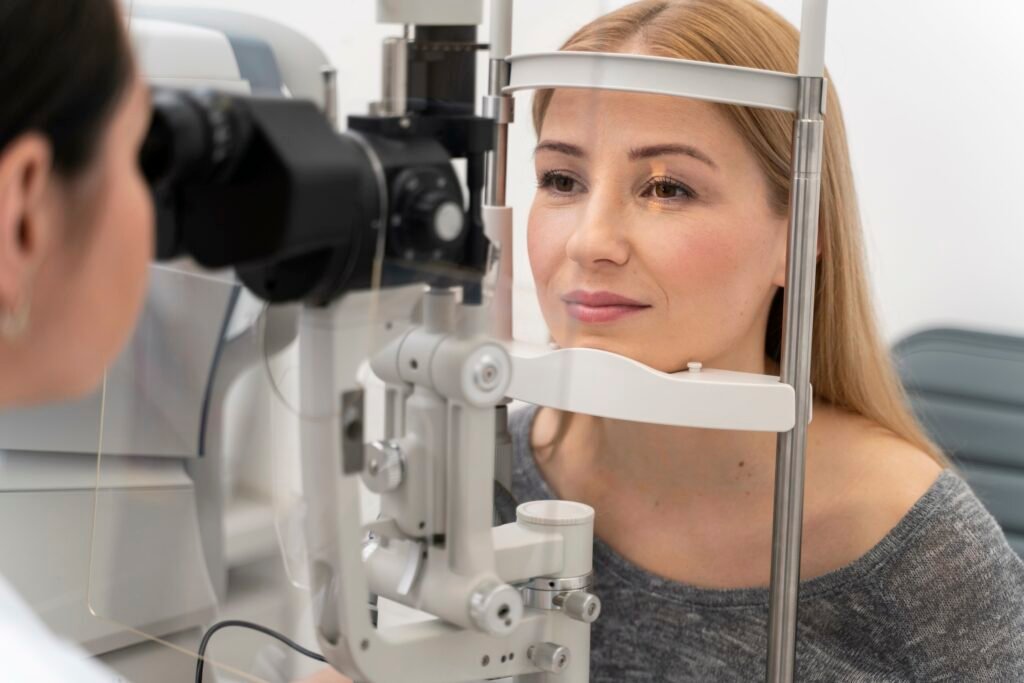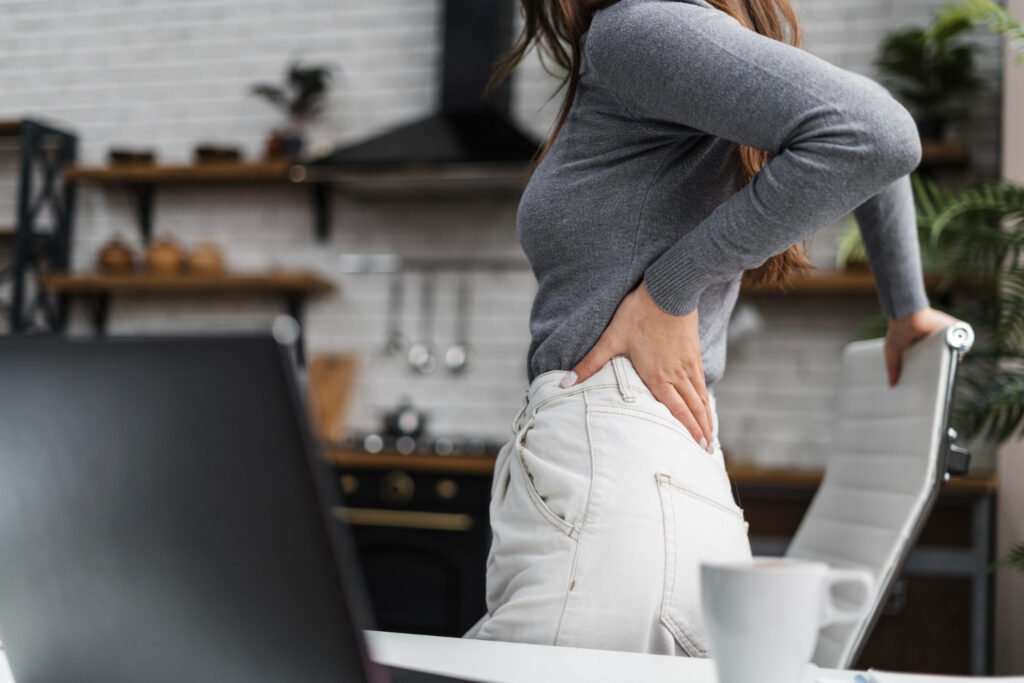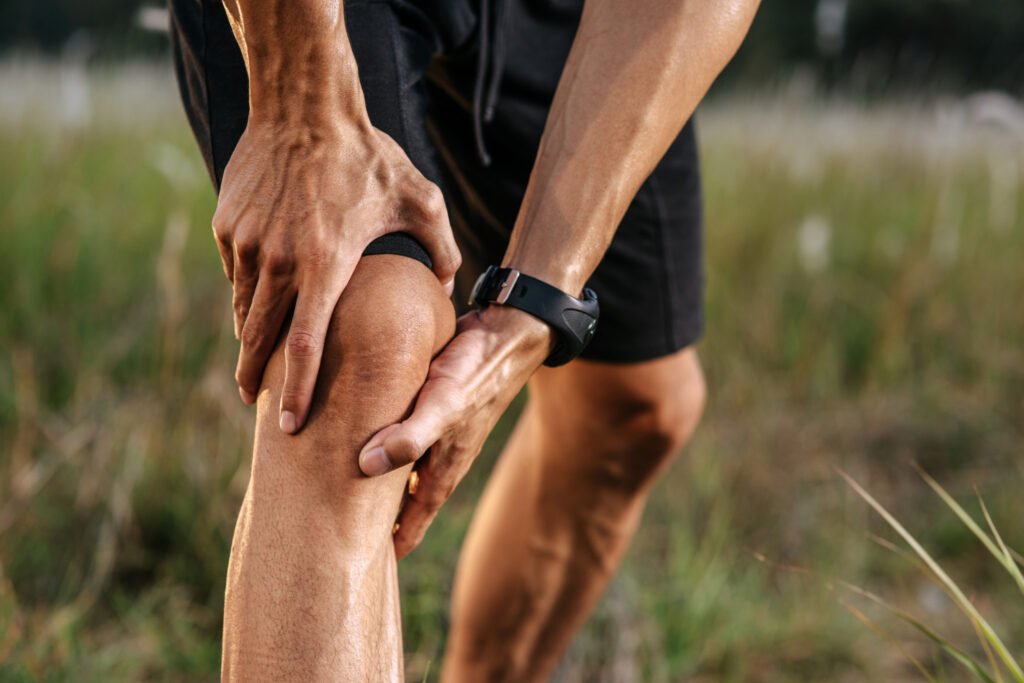Do you find yourself—or the women in your life—frequently struggling with joint pain? Whether it’s aching knees, stiff hips, or sore wrists, joint pain seems to affect women more than men. But why does this happen?
Understanding the reasons behind increased joint pain in women can help you take proactive steps toward relief and long-term joint health. In this article, we’ll explore the root causes, preventive tips, and treatment options. If you’re searching for the best orthopedic doctor in Kota near me or looking to learn about joint pain treatment in Kota, you’ll find practical insights right here.
1. Why Women Are More Prone to Joint Pain
Hormonal Fluctuations and Estrogen’s Role
Women go through significant hormonal changes during puberty, menstruation, pregnancy, and menopause. Estrogen plays a protective role in maintaining joint health, and its decline can lead to inflammation and pain.
Quick Fact: According to the Arthritis Foundation, women are more likely to develop conditions like osteoarthritis and rheumatoid arthritis due to hormonal shifts.
Joint Structure and Ligament Differences
Women tend to have looser ligaments and a wider pelvis, which can affect alignment and put more strain on joints—especially the knees and hips.
2. Common Types of Joint Pain in Women
- Knee pain from osteoarthritis or ligament laxity
- Hip discomfort due to hormonal changes and childbirth history
- Hand and wrist pain, often linked with repetitive tasks or hormonal imbalances
- Shoulder stiffness from poor posture or rotator cuff injuries
If you’re experiencing any of these symptoms, consulting an orthopedic doctor in Kota can help diagnose and manage your pain effectively.
3. Lifestyle Factors That Increase Risk
1. Sedentary Lifestyle
Lack of physical activity weakens muscles that support joints, leading to increased stiffness and discomfort.
2. High Heels and Poor Footwear
Wearing ill-fitting shoes can cause misalignment in the spine, hips, and knees.
3. Weight Fluctuations
Being overweight puts added pressure on joints, especially in the lower body.
4. Simple, Preventive Tips for Joint Health
1. Regular Low-Impact Exercise
- Try walking, swimming, or yoga
- Strengthen muscles without stressing the joints
2. Maintain a Healthy Weight
Every extra kilo adds stress to your knees and hips. A balanced diet and regular movement can go a long way.
3. Take Joint-Friendly Supplements
Omega-3, vitamin D, and calcium can help reduce inflammation and improve bone strength (consult a doctor before starting any supplement).
4. Wear Supportive Shoes
Avoid high heels and opt for shoes with arch support and cushioning.
5. Listen to Your Body
Don’t ignore early signs of discomfort—early treatment leads to better outcomes.
💡 Looking for professional help? Get expert consultation and personalized care from a trusted orthopedic doctor in Kota.
5. When to See a Specialist
If your joint pain:
- Lasts more than a few weeks
- Affects your daily life or sleep
- Comes with swelling, redness, or stiffness
…it’s time to seek joint pain treatment in Kota. Ignoring chronic pain can lead to long-term damage.
FAQs: Joint Pain in Women
Q1. Can hormonal therapy reduce joint pain in women?
Yes, hormone replacement therapy may help, especially post-menopause, but it should be discussed with a qualified doctor.
Q2. Are women more likely to develop arthritis?
Yes. Autoimmune arthritis like rheumatoid arthritis is more common in women due to hormonal and genetic factors.
Q3. What tests are done for joint pain?
Doctors may recommend X-rays, blood tests (for inflammation or autoimmune markers), or MRI scans depending on the symptoms.
Conclusion
Joint pain in women is influenced by a mix of hormonal, anatomical, and lifestyle factors. But the good news? It’s manageable with the right care, movement, and medical support.If you’re in Rajasthan and wondering, “Where can I find the best orthopedic doctor in Kota near me?” — you’re already on the right track. Don’t wait for the pain to worsen. Take action today!
